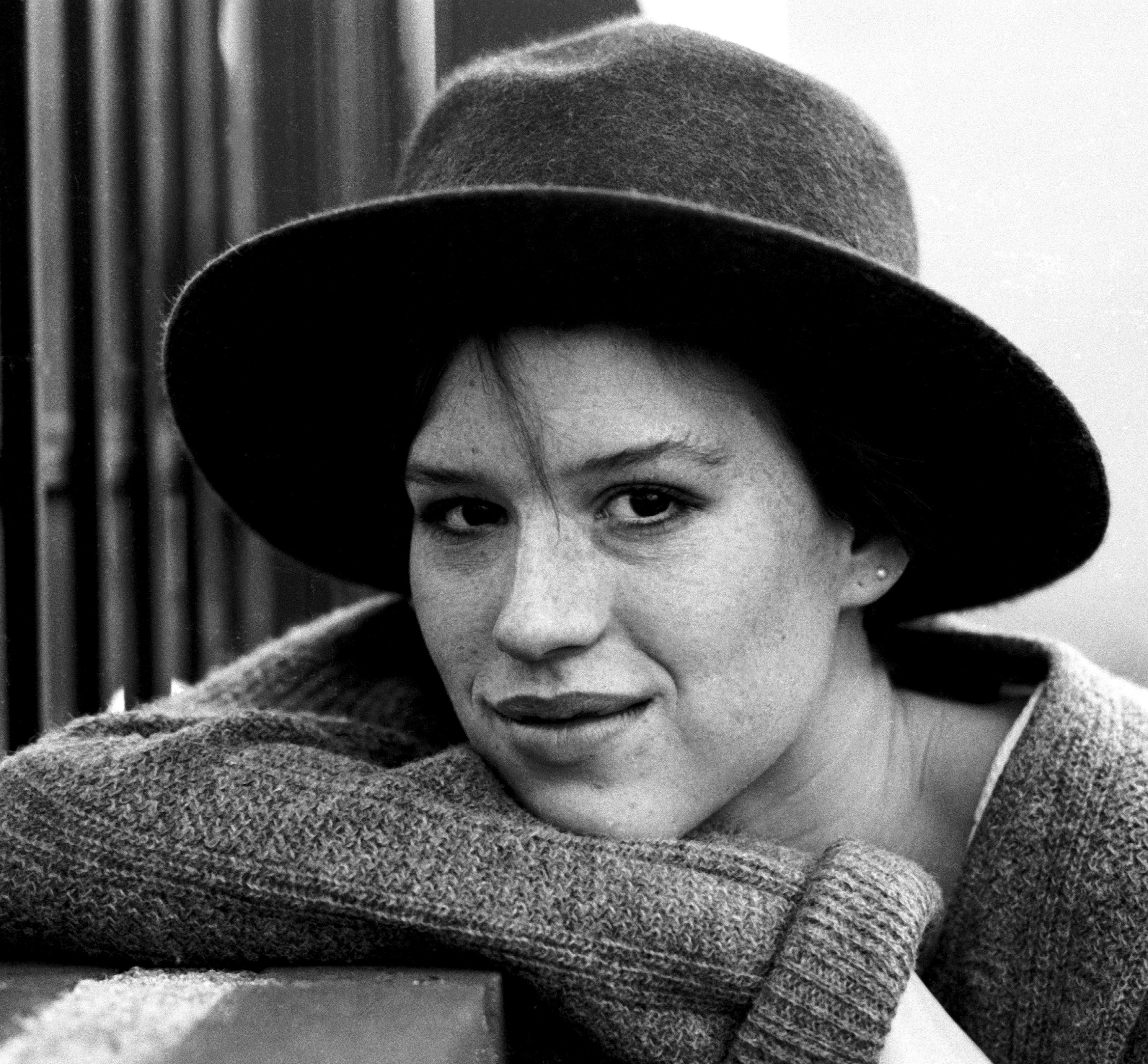Molly Ringwald is probably most remembered for her lead roles in John Hughes’ beloved 1980s films The Breakfast Club, Pretty in Pink, and Sixteen Candles. In a new essay for The New Yorker, Ringwald highlights the ways that Hughes’ films have fallen out of sync with culture, especially in light of the ongoing #MeToo moment in Hollywood and beyond.
“How are we meant to feel about art that we both love and oppose?” she says. “What if we are in the unusual position of having helped create it?” Pointing out examples such as John looking up Claire’s skirt in The Breakfast Club and when the drunk girlfriend in Sixteen Candles is implied to have been traded to a boy for sex, Ringwald asks us to revisit the largely unblemished legacy of Huges’ films with a critical eye for things that feel particularly gross by today’s standards.
Ringwald includes interviews with a number of her former “Brat Pack” cohorts, and also considers the films in light of the more explicitly racist, homophobic, and misogynistic legacy of the National Lampoon comedy group.
“John’s movies convey the anger and fear of isolation that adolescents feel, and seeing that others might feel the same way is a balm for the trauma that teenagers experience,” she writes. “Whether that’s enough to make up for the impropriety of the films is hard to say—even criticizing them makes me feel like I’m divesting a generation of some of its fondest memories, or being ungrateful since they helped to establish my career. And yet embracing them entirely feels hypocritical. And yet, and yet…”
Read the full essay here.





